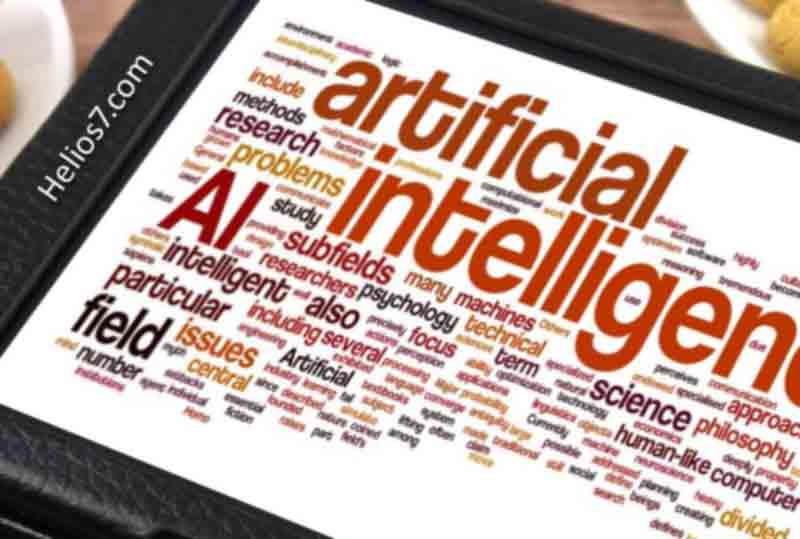7 Things You Should Know About Artificial Intelligence

7 things you should know about AI
Do not underestimate the power of AI in the business world and the social benefits it brings. The knowledge of new technologies will allow them to be more inclusive and transparent. From the medical sector, through fashion and travel, they are already integrating artificial intelligence into their working methods. The use of AI must be accompanied by a program which encourages good practices and responsible use.
The world of technology can be more or less interesting, both on a personal and professional level, but nothing and nobody escapes its effects and its integration into daily activity.
What is Artificial Intelligence Exactly?
The digital transformation has marked the beginning of the 21st century and is sending us signals of how things will be in the future. Integrating robots into companies and automation of many business and industrial processes is just the beginning of what we will see.
Artificial intelligence has an important role to play in this evolution, especially in the sophistication of technology. Therefore, it is better that you know some important features of AI:
1. It is beneficial for all kinds of industries
We tend to think that this type of concepts and technological advances are only applicable to large companies and companies related to technology and information technology, but this is not the case.
It is clear that they are the ones that have opened the way, but the simplification of the processes makes it already accessible for any industrial activity.
Retail sales, the financial sector, medical care or the textile industry are already betting on this methodology and investing in their integration and improvement of competitiveness.
2. Human impact
The extension of its use and popularity goes into ensuring that it is an innovation that respects the fundamental rights of humans and workers.
Many agencies, such as the United Nations, are focused on evaluating and guaranteeing an ethical and responsible use.
The uncertainty in its evolution also entails that special attention is paid to the social effects that it creates, mainly with the aim of being able to intervene quickly and find alternatives.
3. Environmental impact
Another major problem in the current context is the environmental degradation that we are witnessing.
The integration of the AI and other technologies must go through the implementation of alternative energy uses and, above all, that this type of process does not entail unnecessary abuse of energy sources.
Companies such as Google and Microsoft, which lead the business integration of the AI, have created their environmental commitment plans, in addition to paying attention to the effects they cause and how to put a brake on the negative consequences.
4. Investment in R & D
Innovating and dedicating media to research are the keys to progress and sustainability, and artificial intelligence greatly facilitates these tasks.
The achievements that are achieved must be viable when it comes to putting them into practice, for example, in the development of new products or the creation of new business strategies.
5. Accessibility and dialogue
The applications of AI and the benefits derived from it should not be limited to the private sphere.
Civil society should not be left out, so it should be allowed to know these procedures with transparency; In addition to being able to comment on its effects and repercussion.
Data protection and user safety should prevail along with the option to decide if we want to be part of this dynamic.
6. Challenges of implementation
All powerful innovation must be accompanied by an exhaustive evaluation and control, and the implementation of the IA in the industrial and business processes must pass.
Initiatives such as Future of Life Institute, or Ethics and Governance of AI Fund, focus on the publication of statements and decalogues for good practices.
It is also very useful for companies that decide to use AI to create their control systems and internal audits, to control their effectiveness and effects.
7. Predict the possible consequences
We must be aware of the speed of changes due to the influence of technology and, therefore, of the rapid extension of the consequences, whether positive or negative.
Any integration of such sophisticated technologies must be accompanied by forecasts of strategies that allow adapting to the possible scenarios that we will face.
Technology, ethics, and rights should be a whole and be present in all planning for the future.





